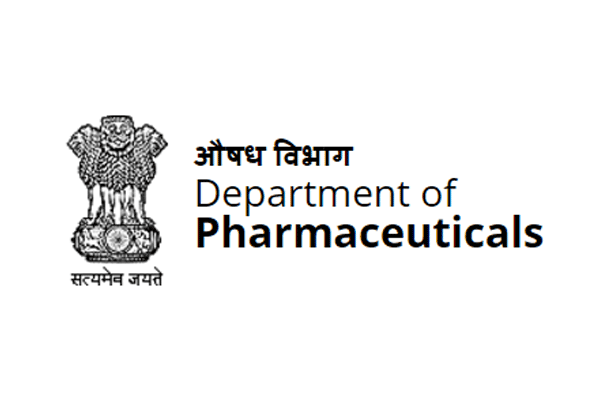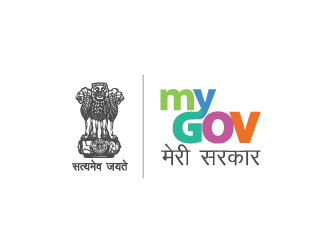Up-scaling of FLWE pilot in 4 states of PSIG
- With the view to institutionalize the FLWE approach among partner MFIs, the pilot was scaled up to newer geographies of 6 partner MFIs in UP and Bihar. The scale up project trained 1,05,000 women clients through 140 MTs and partner contribution ranged from 15-20 per cent contribution of partner MFIs to the total project cost.
- Similarly, the scale up phase is underway in MP with 4 partner institutions and in Odisha with 6 partner institutions. The Scale up phase in MP & Odisha will reach out to 157920 clients through 157 Master Trainers by the end of November 2018.
- In order to scale up effectively, PSIG is using technology and audio visual aids to transform its existing FLWE modules to more interactive and effective digital tool for imparting composite training of Financial Literacy and Women Empowerment. The program will also train 108 community women as women leaders for furthering financial inclusion and awareness in their communities. The project is monitored through a real time MIS system for monitoring and feedback
Outcomes and impact of FLWE scale up in UP & Bihar:
- Banking Activities:
- Significant improvements were recorded in bank account ownership at community level during the end line survey.
- Significant increase in the awareness level of most of the financial products such as insurance (93 per cent), Pension (94 per cent) and Fixed Deposit (90 per cent).
- Women clients reported that prior to the training, they didn’t have any information about the financial products such as Insurance or pension and they perceived them as a “luxury”, suitable only for better off households.
- Financial Behaviour:
- The financial behavior of the beneficiaries showed marked improvement during the project duration with significant increase in instances of household budgeting and saving. Overall, 78 per cent of the households engaged in household budgeting during endline against 44 per cent at baseline.
- Awareness about government schemes:
- Awareness levels about various government schemes post the trainings saw manifold rise though access of those schemes were limited (2-17 per cent). Only 22 per cent of the clients were aware about MGNREGA during the baseline, it increased to 83 per cent by the time of end line survey.
- Health and sanitation
- Access to toilet showed significant improvement during project tenure across the two states. A total of 44 per cent of households had access to toilet during end line against 32 per cent at the baseline. About 90 per cent of the clients felt that the toilet is a necessity for a household in Bihar while in UP it was 86 per cent during the end line.
- Empowerment and participation:
- Increased participation of clients during the MFI discussion forums was reported during the end line. Only 63 per cent of the total clients participated during the discussions held during group meetings in baseline which increased up to 83 per cent during the end line.
- The end line figure suggested the increase in the women’s negotiation power within the households for financial decision making. About 88 per cent of the clients across the two states were consulted for monetary decisions in the household during end line.
Copyright © 2025 Small Industries Development Bank of India (SIDBI). All rights reserved
Last Updated: 07-07-2025













